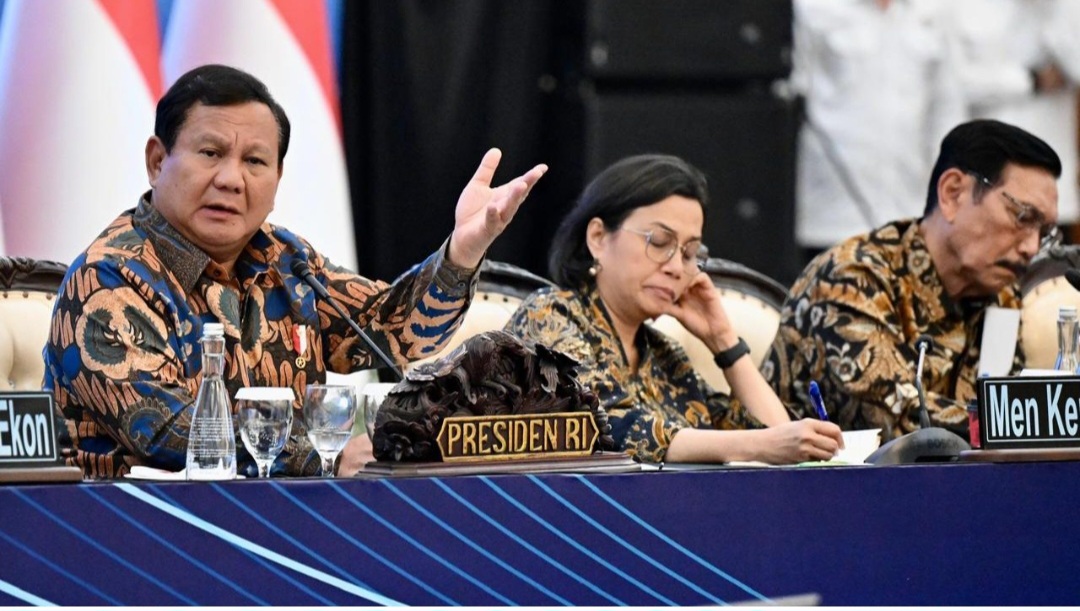President Prabowo Subianto has instructed the removal of import quotas, particularly for goods essential to public welfare. The directive was announced during a dialogue session at the Economic Sarasehan held at Menara Mandiri, Central Jakarta, on Tuesday, April 8, 2025.
He stated that the existing quota mechanism hinders trade flow and must be eliminated to ensure broader access to key commodities.
Direct Orders Issued to Eliminate Import Restrictions
President Prabowo confirmed that the instruction was conveyed to high-ranking officials, including the Coordinating Minister, Minister of Finance, Governor of Bank Indonesia, and Chairman of the National Energy Council.
“I have already issued an order to eliminate import quotas. Especially for goods related to the livelihoods of many people. Whoever is able, whoever wants to import, go ahead; it’s free. We will no longer designate only certain companies as eligible importers,” he said.
Import Liberalization to Support Job Creation
According to President Prabowo, the policy is part of the government’s strategic move to simplify bureaucracy and ease business operations. He underlined the importance of creating an ecosystem that supports job creation and strengthens the national economy.
“Entrepreneurs create jobs. Entrepreneurs are the front line. It’s fine if they make a profit, no problem. But we also ask entrepreneurs to pay taxes properly,” he said.
Open Access to Meat Imports Among Key Changes
During the session, President Prabowo specifically mentioned meat as one of the commodities affected by quota policy. He directed the Minister of Agriculture and the Minister of Trade to allow meat imports without restriction.
“Anyone can import. Whatever they want to import, just open it. Our people are smart, right? Creating quotas and then assigning companies A, B, C, and D to be the only ones allowed to import—that’s unfair,” he said.
Customs Oversight and Anti-Smuggling Commitment
The President also expressed concern over smuggling practices and obstacles within customs. He welcomed feedback from business actors and asserted that the government would respond swiftly to any signs of poor policy implementation.
“If there is any improper implementation, report it immediately. We will take action right away,” he said.
PHOTO: BPMI SETPRES/CAHYO
This article was created with AI assistance.
Read More






 Friday, 27-02-26
Friday, 27-02-26







